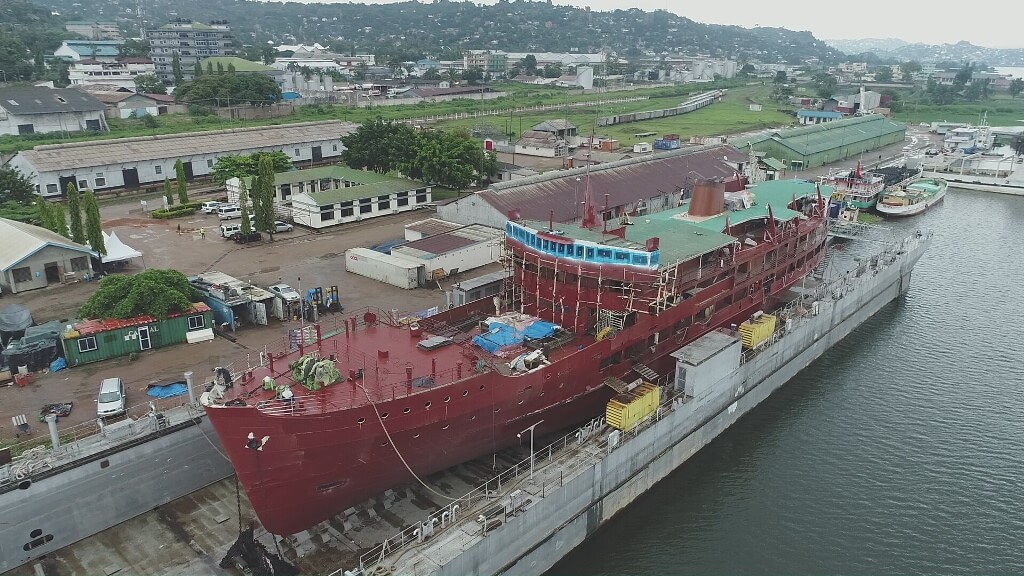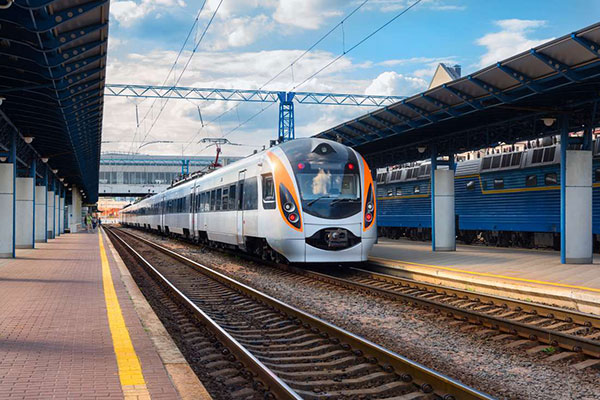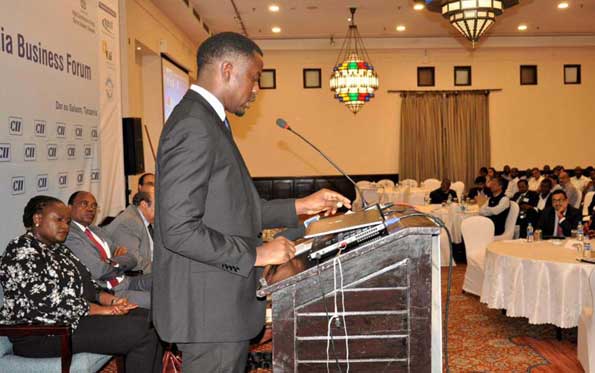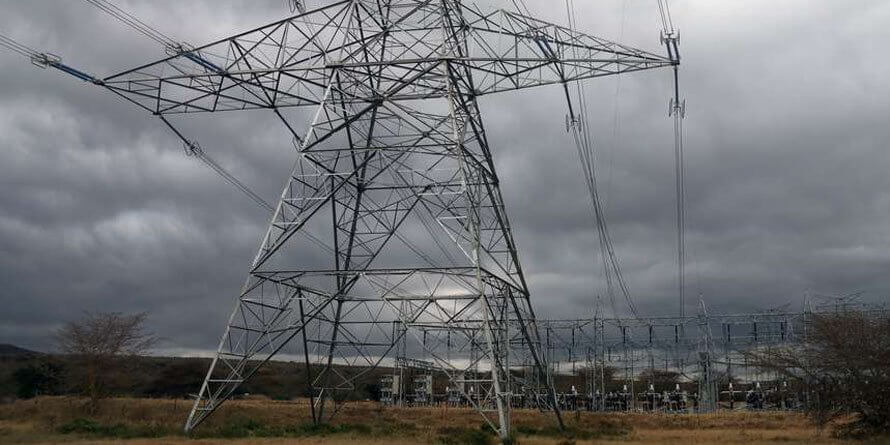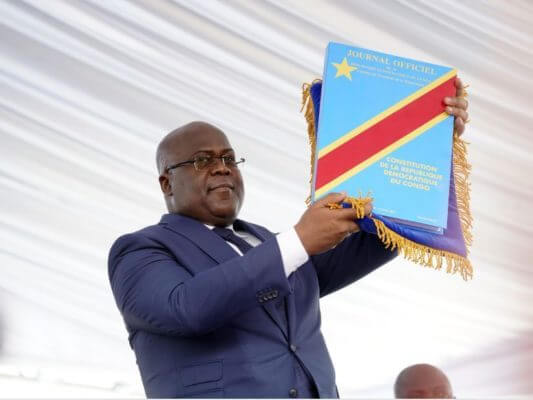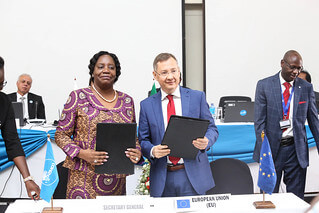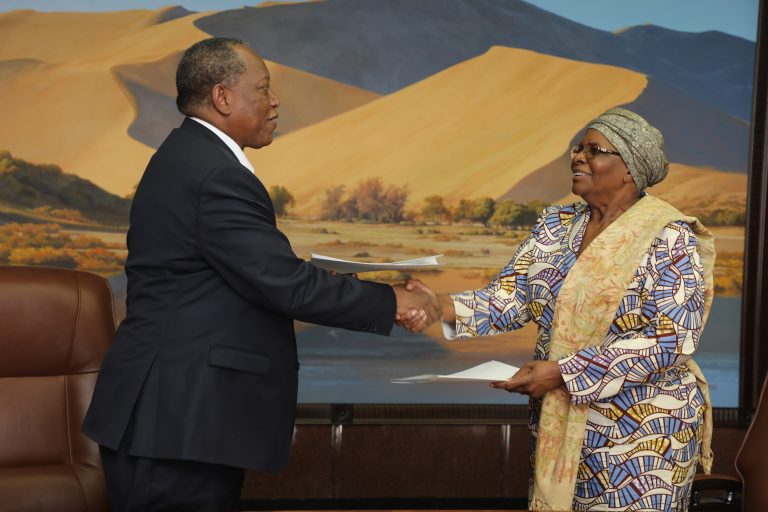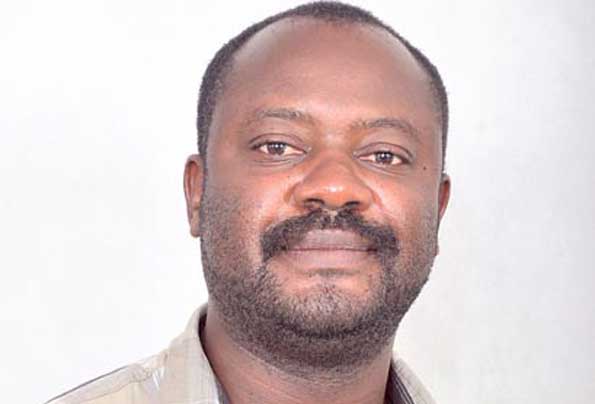TRADE within East Africa and Great Lakes Region is set to flourish in the wake of ongoing measures by Tanzania Ports Authority (TPA) to revamp and expand its terminals, according to stakeholders in the transportation sector. The multi-billion projects, they said, will improve and expand trade between Tanzania and the neighbouring countries such as Kenya, Uganda, Rwanda, Burundi and Democratic Republic of Congo (DRC), with an estimated 210.4 million total population. Marine Services Company Limited (MSCL) Chief Executive Officer Eric Hamisi said here the state-owned marine firm depends much on improved TPA’s infrastructure to exploit the growing market in the transport sector in all major lakes in the country. MSCL, which currently operates four ships in its fleet of fifteen, including cargo ships and an oil tanker in Lake Victoria, Lake Tanganyika and Lake Tanganyika and Lake Nyasa, reinstated its operations in 2015 after years of subdued performance. They are ML Wimbi, MT Sangara, MV Umoja and MV Clarias. As part of government’s efforts to add more ships into the MSCL fleet, two vessels- MV Victoria and MV Butiama- are currently undergoing major renovations. The new ship to be named ‘MV Mwanza-Hapa Kazi Tu’ with the capacity to carry 1,200 passengers, 400 tonnes of cargo, 20 small vehicles and three trucks is also being constructed in Mwanza at the cost of US dollars 39million (89.7bn/-). The vessel, which will be the largest in Great Lakes region, measures 92.6 metres in length, 17 metres width and 11.2 metres height. It will...
TPA facelift to spur regional business
Posted on: December 13, 2019
Posted on: December 13, 2019

